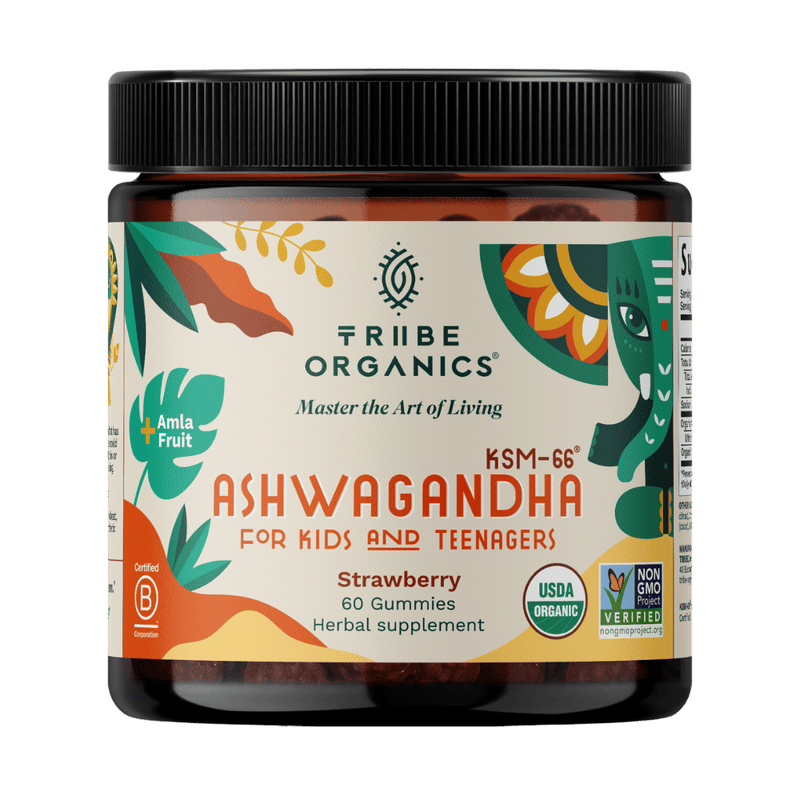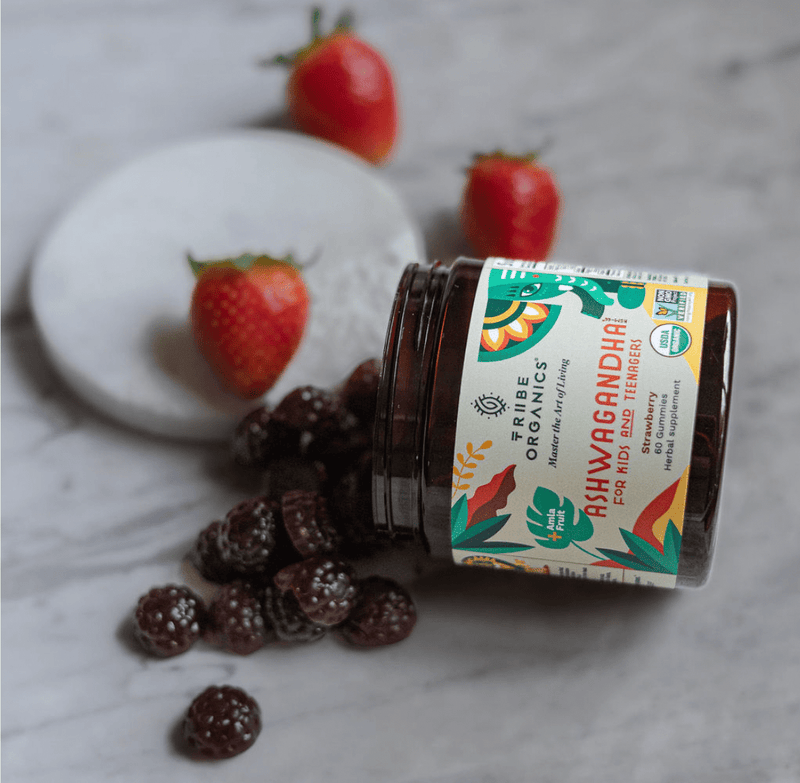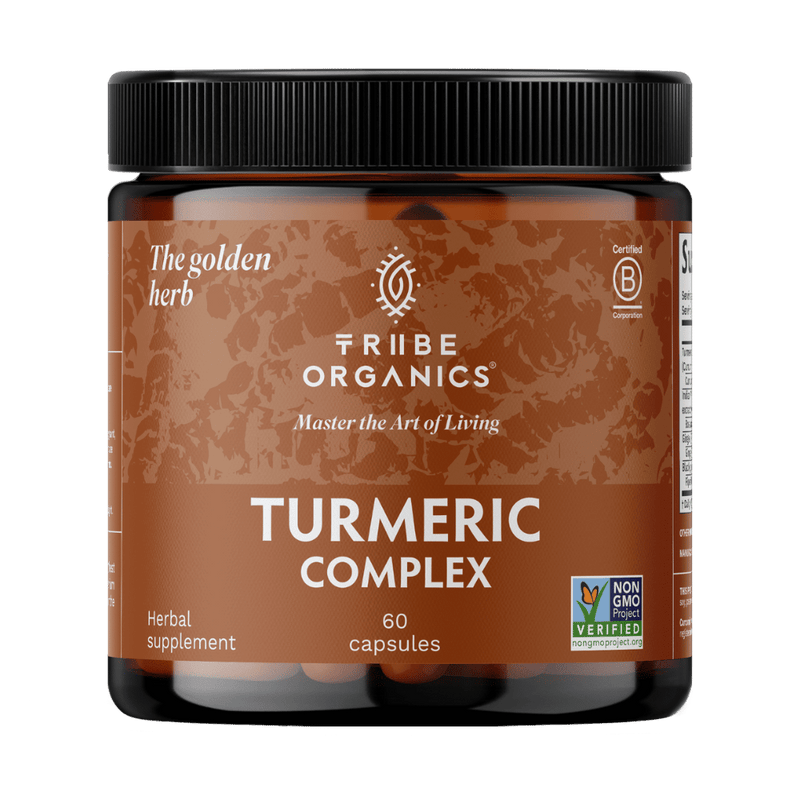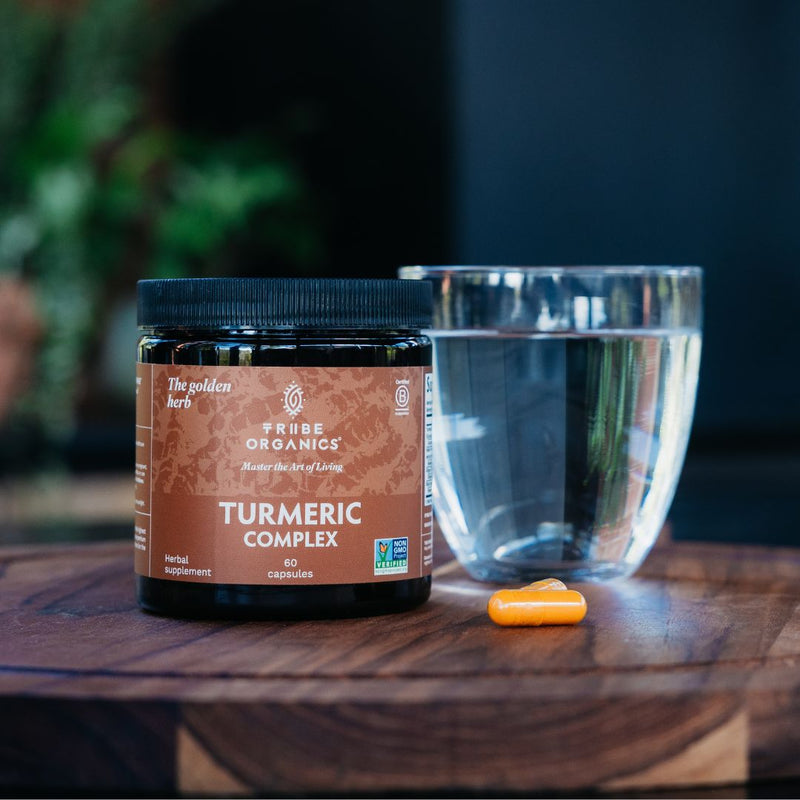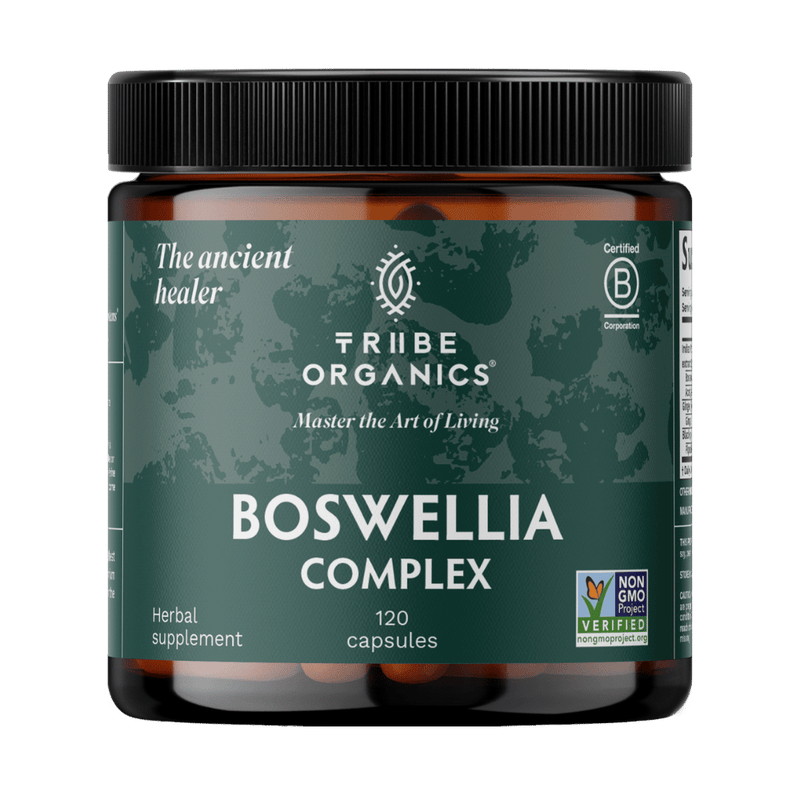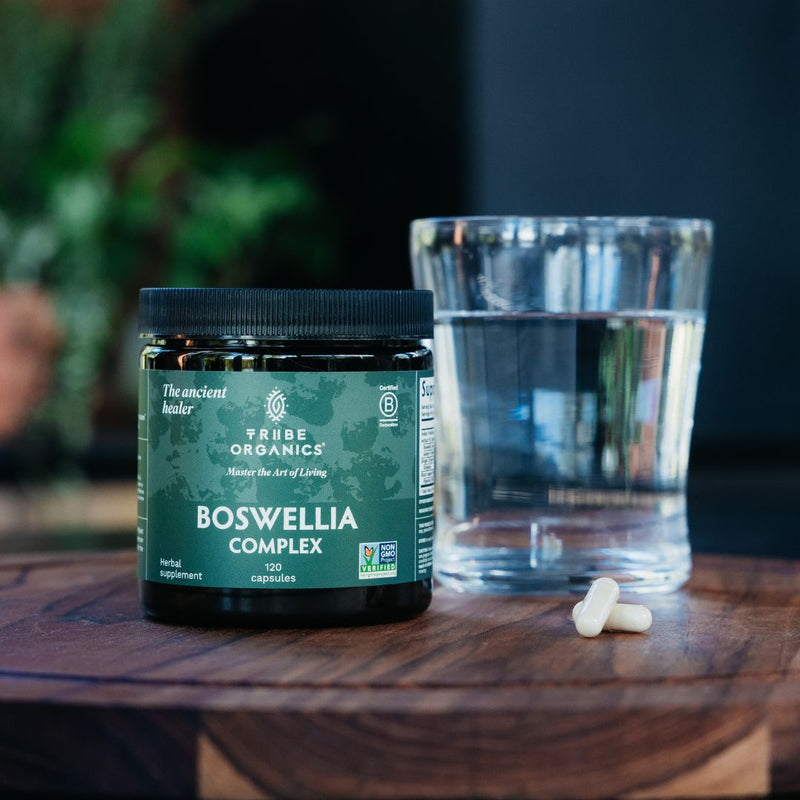Turmeric as a dietary supplement is nothing new. For many cultures, from Haiti to India, the addition of turmeric in their diet is something that happened long before recorded history. Turmeric has a long history in ayurvedic medicine and traditional healing systems, where it has been valued for its medicinal and culinary uses. However, it's important to be aware of potential side effects of turmeric and how to overcome them when incorporating it into your routine.
As with any supplement, simply eating it in your diet is going to produce a slightly different result than taking it as a supplement. Turmeric is traditionally enjoyed in beverages such as turmeric tea, turmeric latte, and golden milk, which hold cultural significance and are popular ways to consume turmeric for its health benefits. In traditional diets, fresh root and fresh turmeric are often used, and these forms may offer different benefits compared to powder and supplements. Turmeric is also commonly combined with other spices like ginger and black pepper to enhance both flavor and health benefits. People use turmeric for its health benefits, including its ability to fight inflammation, reduce symptoms of joint pain and rheumatoid arthritis, and support joint health. It is also traditionally used to support heart health, manage risk factors like high cholesterol, high blood pressure, and blood sugar, and may help fight cancer. Turmeric has been used to stimulate bile production for digestive health. However, if you have bleeding disorders or are taking blood thinners, consult your healthcare provider before using turmeric. Turmeric may offer more health benefits, and how much turmeric you take, as well as the method—such as taking turmeric supplements—can affect your results. Since turmeric is fat soluble, both traditional and modern methods aim to enhance absorption, increase absorption, and achieve better absorption by helping the body absorb curcumin more effectively.
So, if you are considering adding turmeric into your diet for health reasons, it’s important to know the difference between adding turmeric as a spice, or turmeric as a capsule into your diet.
Introduction to Turmeric
Turmeric, with its golden essence radiating ancient wisdom, has been treasured for millennia as both a culinary cornerstone and a healing ally in traditional South Asian and Chinese wellness practices. This remarkable spice transcends mere flavoring—it stands as a testament to evidence-based natural optimization, largely through its active compound, curcumin. Curcumin represents the convergence of ancestral knowledge and modern scientific validation, renowned for its clinically-proven anti-inflammatory and antioxidant capabilities that research demonstrates may empower inflammation reduction, heart health optimization, and relief for conditions like arthritis.
In recent years, turmeric supplementation has emerged as a cornerstone of wellness optimization as individuals seek evidence-based pathways to enhance their health journey. These research-backed formulations manifest in various forms, including capsules, powders, and concentrated turmeric extracts, each engineered to deliver optimized curcumin potency. When embarking on your turmeric supplementation journey, wisdom guides us toward products featuring elevated curcumin content—ideally approaching 95% curcuminoids—to maximize your wellness optimization potential.
One fundamental key to unlocking turmeric's full therapeutic wisdom lies in enhancing curcumin bioavailability. Curcumin in isolation presents absorption challenges, yet ancient knowledge teaches us that combining it with healthy fats such as olive oil or coconut milk, alongside black pepper, can dramatically amplify its therapeutic potential. This explains why many evidence-based curcumin formulations incorporate black pepper extract (piperine) or recommend consuming turmeric with nutrient-rich, fat-containing meals to optimize absorption.
As expanding research continues validating the optimization potential of turmeric and curcumin supplementation, these formulations are becoming foundational elements in integrative wellness practices. Whether your journey focuses on inflammation optimization, cardiovascular health enhancement, or integrating powerful antioxidant support into your daily routine, turmeric offers an evidence-based natural solution for those committed to long-term wellness optimization. However, wisdom dictates consulting with healthcare professionals before beginning any new supplementation journey, particularly if you have underlying health considerations or are taking prescription medications, ensuring that turmeric and curcumin formulations align perfectly with your individual wellness optimization needs.

Turmeric Vs. Turmeric Curcumin
The important thing to know right off the bat is the difference between general turmeric, and turmeric curcumin. You see, turmeric is the word used to describe the root of the turmeric plant. This root is what is ground up and eaten as a spice all across the world. However, turmeric curcumin is much closer to a turmeric extract. Curcumin extract is often used in supplement form for higher potency.
Within turmeric you will find a compound known as curcumin. This is just one of the several curcuminoid compounds that exist within the root itself. Now, without diving too deep into the scientific jargon, we can break down exactly what the difference is.
Curcumin as a compound is a natural byproduct of the turmeric plant. However, it is also the compound that research suggests is the most important to the health and wellness benefits of turmeric. This is why most medical studies researching the benefits of turmeric are actually using turmeric curcumin, not simply turmeric itself. Clinical trials and human studies often use curcumin extract in supplement form to evaluate turmeric's effect and health benefits. This is an important distinction to understand when dosing your turmeric as a supplement.
So, in essence, turmeric as a spice is the entire turmeric root dried and ground into a fine powder. Turmeric supplements (capsules), are almost always turmeric curcumin–a concentrated version of the spice to extract the ‘goodies’ from the root plant. Supplement forms are designed for better absorption and to enhance absorption of curcumin, which may provide more health benefits compared to food sources.
Turmeric Powder Vs. Turmeric Supplements Capsules
Now that we know the difference in terminology when discussing turmeric and turmeric curcumin, let’s talk about how to look at ingesting it. You see, those who add turmeric to their diet through adding the spice to their food are going to get very different results than those taking supplement capsules. This is due to the volume of curcumin and how the body absorbs it.
In turmeric, there is only about 3% curcumin by weight. This means that about 97% of the remaining spice is made up of other compounds that naturally occur in the root. So, if you are looking to add turmeric into your diet for health benefits, you would have to eat a whole lot of turmeric as a spice. Generally this comes out to about ½ - 1tsp of turmeric as a spice per day. This is roughly 2.5 - 5g. However, remember, that only roughly 3% of that is curcumin. For those wondering how much turmeric is needed, this means you would need several grams of powder daily to match the curcumin content found in supplements. Some people also use fresh turmeric or fresh root for a more natural option, which can offer additional natural oils that may help with absorption.
When taking turmeric supplements, you can get a whole lot more curcumin into the system with a much smaller dosage. The average turmeric supplement contains up to 95% curcumin by volume, often in the form of curcumin extract. This means that you can take a 500mg capsule and get far more curcumin than you would by simply eating a teaspoon of turmeric spice. In fact, a 500mg capsule of turmeric supplement can contain up to 400mg of purely curcumin. Taking turmeric supplements with higher doses of curcumin extract can provide more curcumin than food sources, but high doses or higher doses may increase the risk of side effects, so it's important to follow dosage guidelines.
However, that does not mean that taking capsules is outright better than eating the powder in your diet. In fact, there is some evidence to suggest that eating the powder is plenty effective. This is because when taking turmeric as a spice, you are more often than not going to cook it in with your meals. This allows the curcumin to bind with the healthy fats in your food for easier delivery into the system. Curcumin is fat soluble, so the body absorbs it better when combined with fats. Curcuminoids are lipophilic (a fancy word for compounds that bind with fats), and consuming turmeric with dietary fats can enhance absorption and increase absorption for better health benefits.
So, there is reason to believe that taking turmeric as a spice can actually help get the compound into your system easier as it has a built in mechanism for delivery. Otherwise, with capsules, that mechanism of delivery would need to be added in by the manufacturer or through your diet as well. Certain supplement forms are specifically designed to enhance absorption, often by including piperine (from black pepper) or fat-based carriers, to ensure the body absorbs curcumin more efficiently.

Which Is Better?
So, by now you are probably wondering, ‘which should I take, capsules or powder?’ Well, that answer is far more tricky than it may seem. Ultimately, it all boils down to your own needs and preferences. After all, like we said, both methods have shown to be pretty effective. For those seeking more health benefits and better absorption, supplement form may be preferred, as these are often formulated to maximize curcumin's effects.
With turmeric powder, you are going to have to consume more of it in order to get the same amount of curcumin. When considering how much turmeric you need, keep in mind that powder form requires larger quantities to match the curcumin content found in supplement form. Taking turmeric supplements with curcumin extract can provide higher doses in a more convenient way. However, higher doses may increase the risk of side effects, so it's important to follow dosage guidelines and consult with a healthcare professional if needed.
However, if you are also interested in curcumin for the flavor profile as well as the benefits, then of course taking it in your diet as a spice is also beneficial. Powdered turmeric may be less efficient in curcumin by volume, but it also gets into the system fairly easily in any case.
In the end, the choice is ultimately up to you. The main thing is that you understand the difference, and know what you are getting when you take a turmeric capsule versus adding turmeric powder into your diet. Supplement forms are often designed to enhance absorption and increase absorption for optimal results.
Final Thoughts
As with any supplement, it's always crucial that you do the research and consult medical professionals beforehand to learn if they are right for you. Turmeric has been shown to increase health and wellbeing for millions across the globe. However, it is still important to exercise caution and always dose properly. In the end, turmeric is a wonderful spice that tastes delicious and it can make you feel great on top of that!
Shop best sellers
Explore our collection of favorite items that have gained popularity for their quality and satisfaction.






